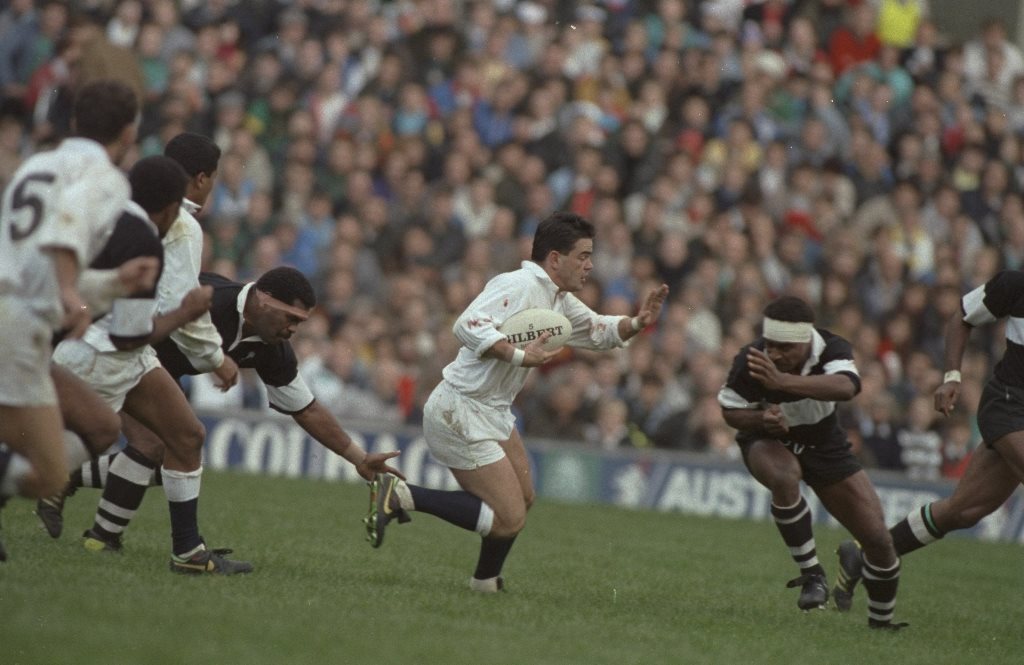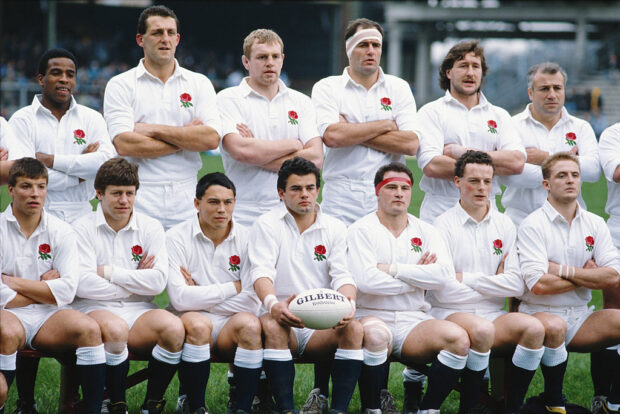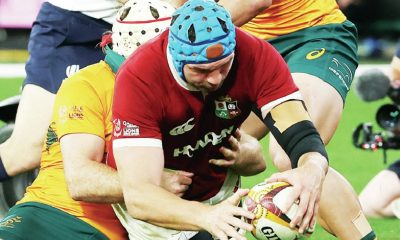
As most of us are confined in our homes and are wondering what to do with the time we have on our hands, it’s a good time to revisit the past, and also avoid having to do all those jobs that have been put off for another day!
With streaming services now almost as common as TV, the games of the past can be seen as if they are happening today.
I have been reliving my past by watching the games that I played in for England back in the 90s and, although it may sound a bit boastful, I am amazed at the standard and speed of the games.
The technical skills and mobility of the pack that I played in were far in excess of the lumbering musclebound battering rams of today. It also makes me realise how much the game has changed, with a much more structured defence, forcing teams to try and batter a hole to exploit.
This results in an endless string of short pick-up and crash phases almost inevitably ending in a box kick from virtually where it all started.
Rucks and mauls of the past were more dynamic if a little more dangerous, with feet often landing on various body parts of anyone who ended up on the floor but probably, I would suggest, no more dangerous than the clearing out that now happens with players targeting individuals and accelerating into them.
I suppose my views would be obvious to all as I look back at games won and lost, attempting to see what the difference was in how we played.
Watching those games, much of the praise for the results was put down to what was one of the best packs England have ever had (I would say that), with a good balance in every area of the scrum. But it was more than that.
The combinations in the backs were really quite special, having the ability to exploit any space created by the forwards, or made by themselves.
At half-back Dewi Morris was a perfect foil for the forwards even if his passing was a bit dodgy, while Rob Andrew was a better all-round player than people gave him credit for. Yes, he kicked a lot, mostly for position so we could have a set piece to restart the game, but he also had great vision of when to pass or run to open space for those in the back line outside him.
As good as Jerry Guscott was, it was Will Carling who did most of the work and created the space for Jerry to exploit.
Our back three consisted of Jon Webb, known for his goal-kicking but he was also adept at ‘hitting the line’ to open attacking options for himself or our wingers, the ever-present Rory Underwood, who scored tries that no other winger could have, and, on the other wing, we had a moving feast with Mark Bailey, Simon Halliday, Ian Hunter and Nigel Heslop all playing their part.

Watching the games has given me a different perspective of how we play today and may do the same for all, hopefully including our coaches as those games seem to have something quite different to offer.
Although we never had the organisation and discipline in defence that is common place in the modern game, many of the options used in attack seem to have been lost to the game, despite an increase in the number of coaches and assistant coaches etc.
Admittedly, the addition of so many finishers as they are now called, has impacted on the game and not necessarily in a good way particularly in terms of player welfare, but also in how teams approach the game now.
Knowing you had to play for 80 minutes mentally prepared you for what was a game of attrition, as you focused on the last quarter of the game as the time when you were more likely to score or concede points with fatigue setting in. With the number of substitutes now allowed coaches can virtually field a second team.
There have been many calls for a reduction in the number of substitutes which seems to have gone unheeded. Although I would expect coaches to seek to retain as many subs as they can in the hope of perhaps changing the course of a game if they have got selection wrong, I would have thought the RPA would have sought to protect their members.
Obviously as players tire they are more prone to injury, but that risk is increased by adding fresh players, particularly in large numbers.
If by keeping the number of substitutes the game showed a marked improvement on how it is played, or even as a spectacle, it could possibly be justified but, although I am biased, I do not believe it does.
With this lockdown not looking as if it’s going to end any time soon, the likelihood that any more rugby will be played this season seems to be a distant prospect as we all focus on staying well.
It is up to the RFU how they choose to sort out the unfinished leagues and whether they suspend relegation for this season, moving Saracens‘ points deduction to next season, or allowing Newcastle to swap places and allow Saracens to serve their punishment.
































You must be logged in to post a comment Login